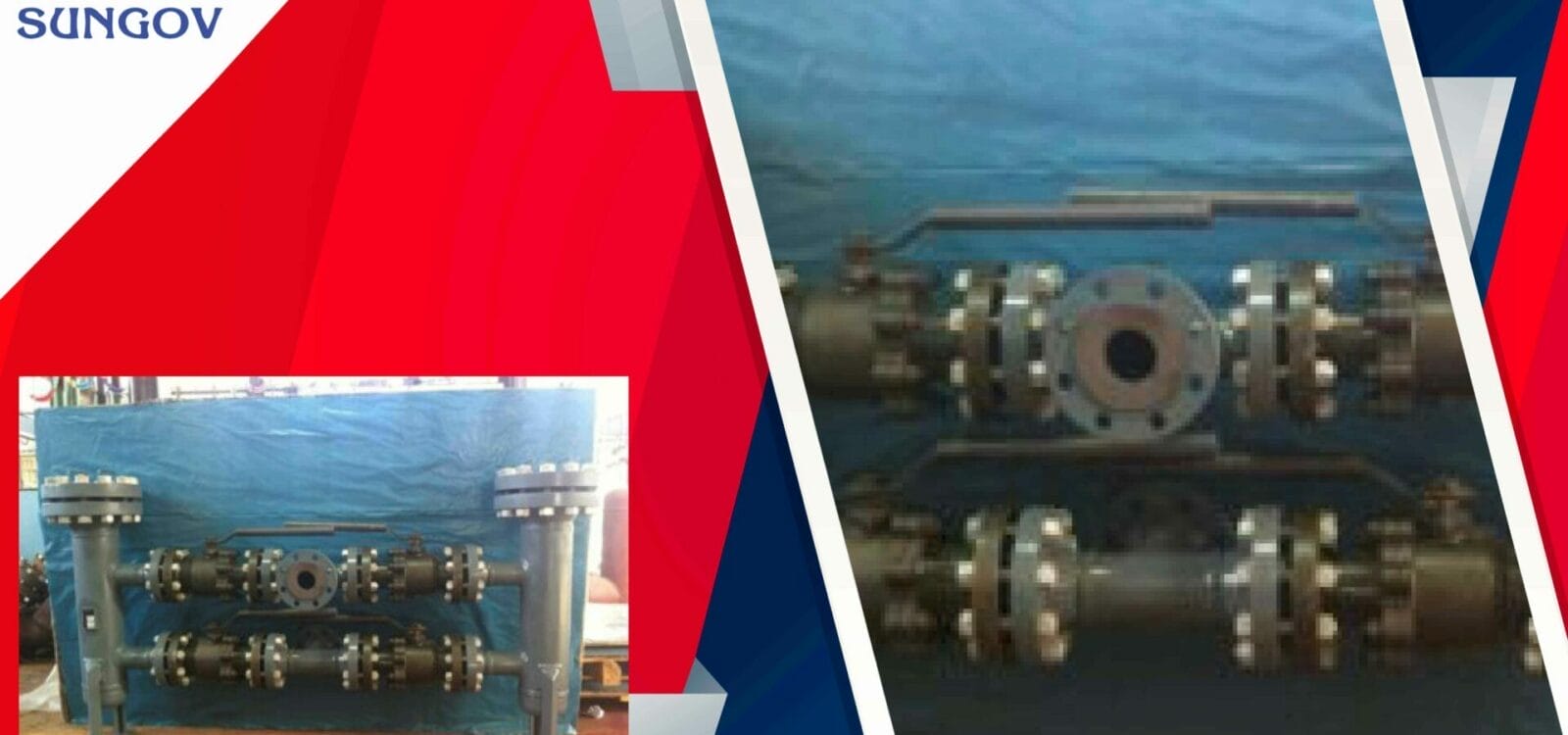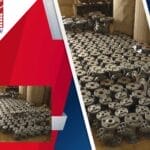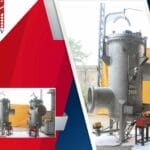Industrial processes across various sectors find the need to hold filtration in the highest demand. Filtration is essential in industrial settings primarily due to its ability to remove contaminants, such as particles, impurities, and unwanted substances, from liquids. This is vital in maintaining the purity and quality of the final product. Industrial machinery and equipment are susceptible to damage from particles and contaminants present in fluids. The process of filtration safeguards these assets by preventing the entry of harmful substances, thereby extending the lifespan of your equipment. Filtration ensures that products meet required specifications and comply with industry standards. Filtration contributes to the efficiency of manufacturing processes by preventing clogging, fouling, and scaling in pipes and equipment. This helps maintain consistent production rates and reduces the need for unscheduled maintenance. Furthermore, many industries are subject to environmental regulations that mandate the removal of pollutants and harmful substances from effluent streams. Filtration technologies aid in meeting these compliance requirements.
What is the need for continuous improvement in filtration technology?
The constant demands of modern industries make filter manufacturing companies like Sungov Engineering continuously bring improvement and innovations in filtration technology. We have listed the reasons for this ongoing below:
Industries are subject to increasingly stringent quality standards. Continuous improvement ensures that filtration processes can consistently meet or exceed these standards. With industrial processes becoming more and more complex, the involvement of a wide range of substances and operating conditions is on the rise. This increases the need for filtration technology to up its game to handle these complexities efficiently.
The focus on sustainability and energy efficiency has become a driving force for innovation. New filtration technologies aim to reduce energy consumption while maintaining high levels of efficiency. Stringent environmental regulations necessitate filtration systems that can effectively remove pollutants and meet compliance requirements. Continuous improvement ensures that filtration methods remain aligned with evolving regulations. With dynamic challenges in industries such as changes in raw material composition and variations in production volumes, filtration technology must be adaptable and ensure consistent performance.
Contribution of Duplex Basket Filters to Continuous Improvement:
As we speak about continuous improvement in industrial filtration technology, Duplex Basket Filters stand out due to their innovative design features. The dual basket configuration, automatic switching mechanism, and easy maintenance contribute to the ongoing evolution of filtration technology. These features address challenges related to downtime, maintenance interruptions, and overall operational efficiency. The adaptability and efficiency of Duplex Basket Filters make them a valuable component in the trajectory of continuous improvement in filtration technology, providing industries with a reliable and advanced solution for their filtration needs. We will now look at each of these features of a duplex basket filter in detail:
Continuous Filtration:
One of the primary advantages of the dual basket configuration is the ability to maintain continuous filtration. While one basket is actively filtering the liquid, the second basket can be taken offline for cleaning, maintenance, or replacement. This ensures uninterrupted production and minimizes downtime in critical industrial processes.
Automatic Switching Mechanism:
Duplex Basket Filters are equipped with an automatic switching mechanism that seamlessly transitions the filtration process between the two baskets. When one basket is nearing the end of its operational cycle or requires maintenance, the system automatically switches to the alternate basket. This feature is instrumental in optimizing the lifespan of the filter elements and improving overall system efficiency. This feature also contributes to extended maintenance intervals not only leading to cost savings but also in enhancing the efficiency of industrial processes by minimizing interruptions.
Enhanced Filtration Area:
Having two baskets effectively increases the filtration area compared to a single-basket design. A larger filtration area allows for more efficient removal of particles and impurities from the fluid, improving the overall filtration performance. The increased surface area also means that the system can handle higher flow rates without sacrificing filtration quality.
Optimized Particle Capture:
The dual basket configuration allows for optimized particle capture. Different types and sizes of particles may be present in the fluid stream, and having two baskets with varying levels of filtration can address a broader range of contaminants. This adaptability is particularly valuable in industries where the composition of the processed material can vary.
Improved System Reliability:
By ensuring continuous operation and reducing the frequency of system shutdowns for maintenance, the dual basket configuration contributes to improved system reliability. This is especially critical in industries where consistent production is essential and any unplanned downtime can have significant financial implications.
What are some of the economic advantages of duplex basket filters in industrial processes?
The implementation of Duplex Basket Filters in industrial processes brings about significant economic advantages, particularly in terms of reducing downtime and lowering maintenance costs. These advantages contribute to improved operational efficiency and overall cost-effectiveness for industries utilizing these innovative filtration systems.
The dual basket configuration allows for continuous filtration even during maintenance activities. While one basket is in operation, the other can be taken offline for cleaning or replacement. This seamless transition minimizes downtime, ensuring that production processes can run continuously without the need for extended shutdowns. Every moment of unplanned downtime in an industrial setting represents potential financial losses. Duplex Basket Filters, with their automatic switching mechanism and continuous operation, help mitigate the economic impact of downtime by keeping production lines active and preventing revenue loss. The dual basket configuration significantly extends maintenance intervals by reducing the frequency of system shutdowns. This results in less time spent on maintenance-related activities, allowing industrial facilities to allocate resources more efficiently.
While traditional filtration systems require manual intervention and system shutdowns for maintenance. Duplex Basket Filters, by virtue of their design, reduce the need for frequent manual labor leading to labor cost savings and the extended lifespan of Duplex Basket Filters contributes to reduced replacement costs.
So, what are you waiting for? Call us right now and find out how our innovative design in duplex basket filters can help your filtration process.




